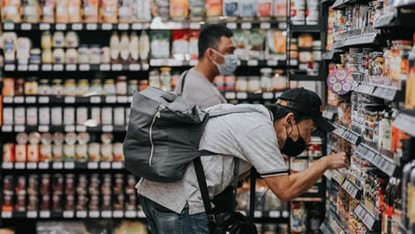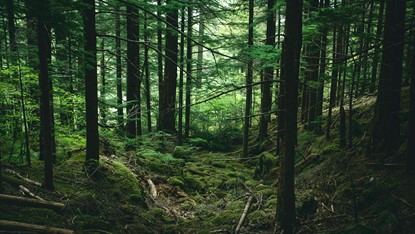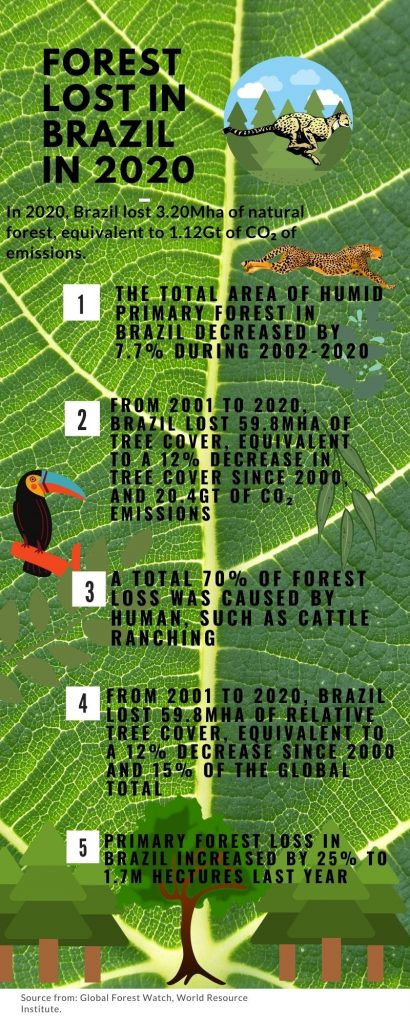Campaigners urge UK supermarkets to stop selling meat products driving the deforestation of Amazon forests.

Campaigners are urging major UK supermarkets to stop selling meat products linked to the deforestation of Amazon forests.
Greenpeace and Mighty Earth have joined forces, launching Stopfeedingdeforestation for calling the largest UK grocery companies to stop buying soya-fed industrial meat coming from the Brazilian giant JBS.
As the UK Director of Mighty Earth Robin Willoughby said, it is now the time for Tesco to listen to its customers and drop the worst-performing companies driving the destruction of Brazilian forests. Amongst these, we can find JBS, Cargill, and Bunge.
“Forest destruction in Brazil driven by supermarket meat is getting worse every year. This is accelerating climate change and wiping out the home of the jaguar. Tesco customers are crystal clear, they do not want their supermarket to do business with the companies involved in this destruction,” he added, Edie reported.
Deforestation is also causing the loss of habitat for many animals, amongst which the majestic Brazilian jaguar. This is also a direct reason for species like the cheetah to risk going extinct. Nearly 80 % of deforested areas in Brazil are indeed used for pasture.

About this issue, the head of Greenpeace Anna Jones said: “Feeding plant proteins to animals to produce meat is hugely inefficient and uses far more land across the world than we have to spare.”
As Our World in Data finds out, every year 41% of forests, converts to 2.1 million hectares, are being lost and used for beef production. Although, tropical trees play a vital role in fighting against climate change as deforestation causes a considerable amount of CO2 emissions.
Anna said, ”It’s shocking to think that UK supermarkets like Tesco are still funding some of the worst forest destroyers in the Amazon just as the crisis escalates. If Britain’s top retailers want to play a role in saving Amazon, then they should start by ditching suppliers like JBS and its subsidiaries now.”

It’s probably easy to neglect the fact that our daily grocery significantly contributes to Amazon deforestation. But what can we do to help?
As Anna Jones said: “One of the biggest changes we can make to help forests is to reduce our consumption of meat and dairy – and not just red meat but chicken and pork too, that’s because 90% of the soya we import from places like Brazil and Argentina – where forests are cleared to grow it – is used as feed for these animals.”
Buying less meat and dairy, choose grass-fed meat, avoid palm oil products, are all actions that everyone can do on daily basis to help the cause.
In response to the campaign, UK companies have now signed a deal to stop burning forests any further, boycott private possessions and prevent paving the way for livestock. However, complying with local regulations cannot guarantee that the link between soya and deforestation would be solved.
